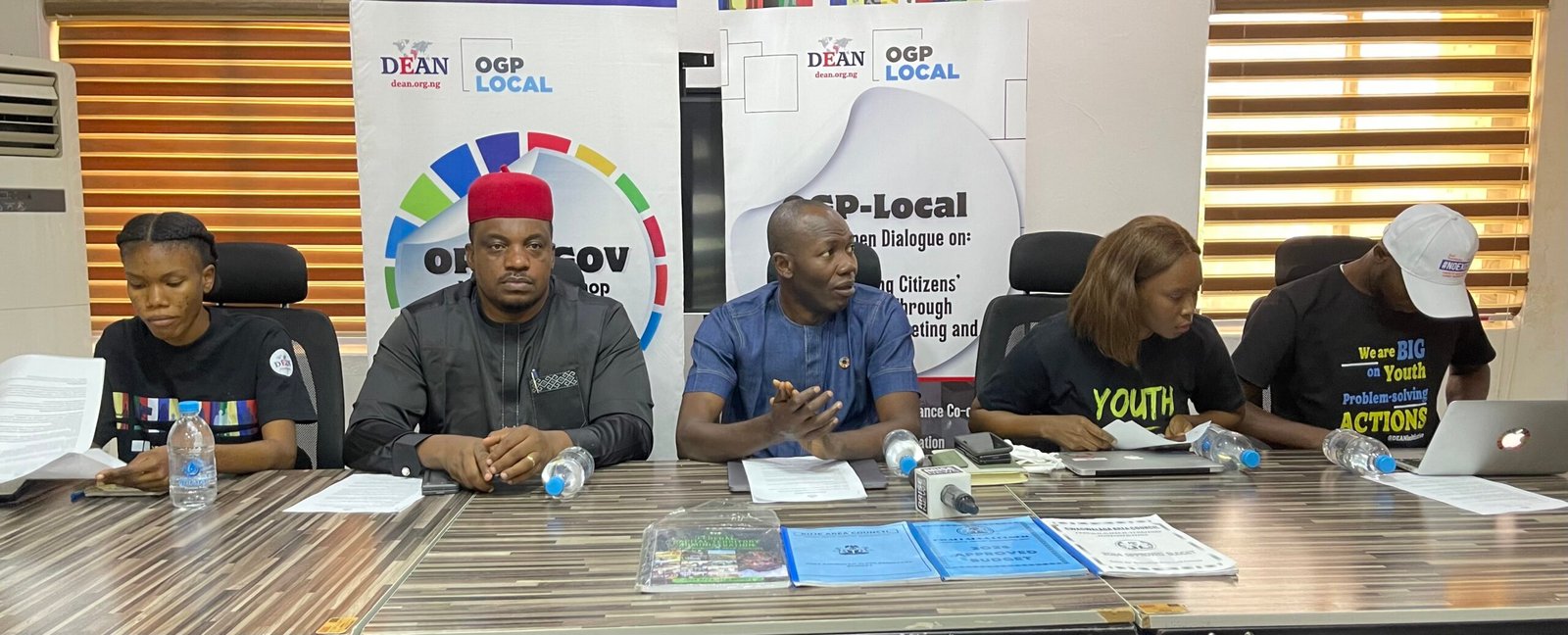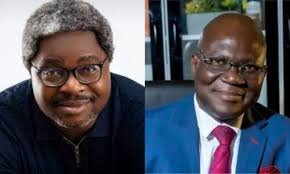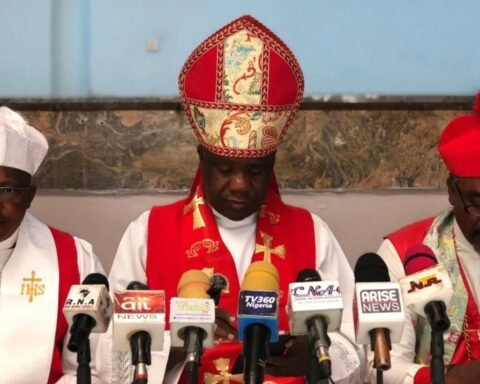The Executive Director, Development of Education Action Network (DEAN), a civil society organisation, Mr Michael Semiye, has advocated mandatory citizens’ access to local government budgets to ensure development and transparency at the grassroots.
Addressing newsmen in Abuja yesterday (Friday, December 13), Semiye said that for Nigeria to develop, citizens’ participation, especially at the local government level, is fundamental.
He decried what he called poor use of technology by local government councils, saying that of all 774 local government councils, not up to 10 have active websites.
“If we are going to build a sustainable democracy in Nigeria, we must agree that access to local government budgets is critical, especially in promoting transparency, accountability and active citizens’ participation in governance.
“Access to budgets will empower individuals to understand how public funds are allocated and spent, and it will ensure that leaders at this level of governance are held accountable, which strengthens democratic process.
“Unfortunately, there are quite some revelations that we would like the citizens to be aware of, that in the entire country where we have 774 local governments, presently we do not even have up to 10 that have active websites.
“We do not have a single local government in Nigeria, out of the 774 local governments, that has its budget in the public domain.
“We also have discovered that the use of modern technology by local government administrations across the country is at its lowest point, even in the 21st century,” he said.
The executive director blamed the situation on the attitude of some politicians at the local level, urging citizens to demand participation and accountability.
He said to facilitate citizens’ participation, DEAN has created an Open Government Student Fellowship.
Semiye said it has been discovered that young people have been left out because they have lost trust in the democratic governance process over the years, as it has failed their expectations.
He described the fellowship as a platform to rebuild the trust of youths and build the open goal student fellows to empower university students to become active members.
Also speaking, the DEAN Technical Programmes Lead, Ms Doreen Oho, said at the initiative, they are guided by the belief that local government is the most immediate and accessible tier of government to the people.
Oho expressed the belief that change must begin at the local government level.
“This is because it is where citizens interact directly with the government, making it the foundation for effective and sustainable transformation.
“Our theory of change focuses on empowering local governments to be more transparent, accountable and responsive to the needs of the citizens.
“In line with this vision, over the past three years, we have been working tirelessly to sign up the six area councils in Abuja to the open governance partnership (OGP) programme.
“This effort aims to institutionalise good governance practices, stimulate transparency and encourage citizens’ participation at the grassroots level,” she said.
Oho said that citizens also have the responsibility to keep demanding better governance, as democracy goes beyond elections.
She said that citizens must continue to stand and demand accountability and transparency to encourage inclusion.
A member of the Board of DEAN, Amb. Chibuzor Okereke, commended the introduction of students into open governance initiative, saying that without young people with the talents, energy and capacity, Nigeria might not be able to achieve good governance.
According to him, local government budgets are supposed to be public documents.
He also said that the capacities of local government managers must be built, while the leadership recruitment process and electoral process must also be reformed at that tier of government.
Okereke stated that people with capacity and competence, who could design fiscal framework, economic and development planning, should be the ones to occupy offices at the local government level.
“As much as we want to know what the president is doing, which is good, we should not be organ-biased in the way governance is run, abandoning local governments, most of which get hundreds of millions (of naira),” he said.
Miss Chioma Amos, a member of the Open Government Student Fellowship, urged students across the country to get in touch with their local government councils and demand their annual budget.
She said that they should take interest in the projects budgeted for and demand answers where implementation did not tally with budgetary allocations.



























